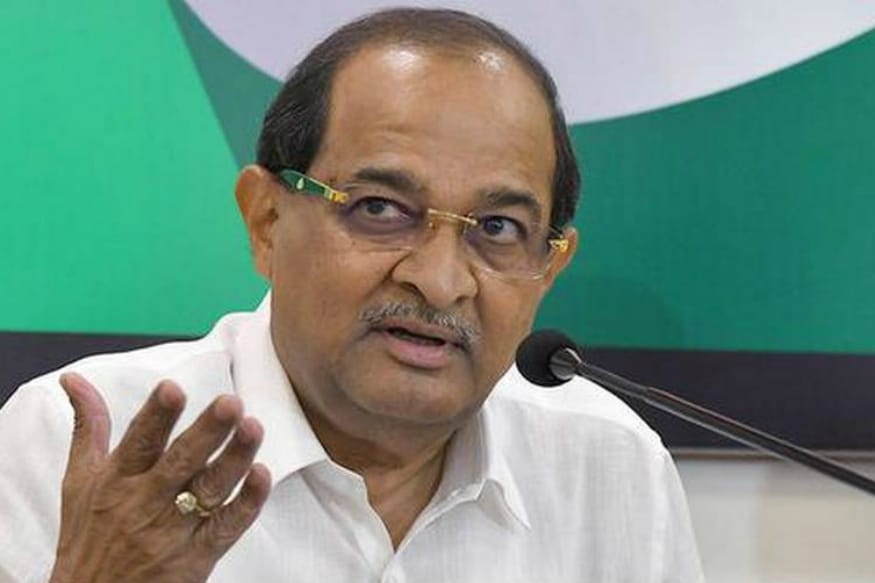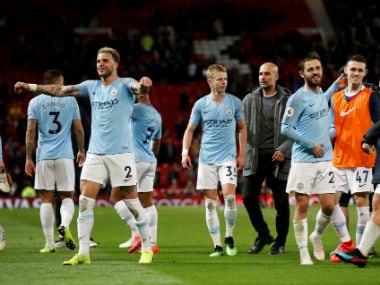Highlights
-Earnings subdued as loan growth moderates-Liquidity position improves significantly but drags down profits
-RBI’s response awaited on the potential merger of LVB with IBHF
-In the interim, earnings growth to moderate to mid-teens-Uncertainty around the merger approval can add to stock volatility, and investors should wait for clarity
--------------------------------------------------------
Indiabulls Housing Finance (IBHF) reported muted performance for the March quarter. While we can delve deeper into IBHL’s Q4 and FY19 earnings, the foremost driver for the stock will be progress on the announced potential merger with Lakshmi Vilas Bank (LVB).
Nonetheless, earnings of the lender merit a quick glance in the aftermath of the liquidity crisis.
IBHF’s net profit growth moderated to 12 percent YoY in FY19 and loan assets declined 1.4 percent to Rs 1,20,525 crore as of March-end. Softer loan disbursements and sustained focus on sell-downs, in an attempt to conserve liquidity, curtailed loan growth.
Reported spreads, however, improved to 3.42 percent in Q4 FY19 as against 3.11 percent in the same period last year. Asset quality remained healthy, with gross non-performing assets (GNPA) at 0.88 percent and (provision coverage ratio) of 22 percent. Lower credit costs and healthy operating efficiency supported profits.

While earnings were weak, we look at the two most pertinent drivers for IBHF – liquidity and merger announcement in order to get the bigger picture.
Liquidity position well managed
Housing finance companies (HFCs) were at the centre of the sell-off seen in equity markets following the liquidity crisis that engulfed the sector since September 2018. Since then, the stock has been gyrating wildly on every incremental news around liquidity.
IBHF was the hardest hit in the HFC rout, also because of its exposure to Supertech, a Delhi-based developer that was downgraded by rating agencies. Investors were worried in general that HFCs are staring at a double whammy – rising bad loans on the asset side and difficulty in refinancing debt on the liability side.
Against this backdrop, IBHF has deftly managed its liabilities.
The mortgage lender has shored up liquidity, reduced its reliance on commercial paper (CP) funding and has elongated its liability duration following the liquidity crunch.
To put it objectively, IBHF has raised around Rs 51,000 crore in the last six months through various sources. Net gearing thus came down from seven to four times in two quarters. Its reliance on short-term instruments like commercial paper (CP) is now down to 4 percent of borrowings, from 15 percent as of August-September 2018. Further, in 9MFY19, IBHF securitised loans worth of Rs 6,740 crore and intends to continue it at an accelerated pace in the next financial year to support liquidity.
Overall, liquidity remains comfortable at IBHF as 24 percent of balance sheet assets amounting to Rs 31,165 crore are held in cash and cash equivalents as of end March 2019.
These high-liquid investments, however, drag down profitability as they offer a negative carry/returns and the company may also have to bear MTM (marked to market) loss on the same if any. However, maintaining liquid investments helped IBHF in sailing through the crisis phase.
The potential merger of LVB with itself
All eyes are on the regulator’s response to the potential merger of LVB with IBHF.
The announced deal between LVB and IBHF is unique as there is no precedent of a transaction where a large HFC is proposing to merge a relatively smaller bank into its fold. Also, it is a first-of-its-kind in the sense that it is not just a proposed merger announcement but something where IBHF essentially is making a bid for a banking licence. This brings us to the moot question: will the merger deal and consequently a banking licence to IBHF get RBI’s approval?
IBHF is largely in compliance with the RBI’s guidelines for ‘on tap’ licensing of universal banks in the private sector issued in August 2016. For instance, RBI’s guidelines require that for a group seeking banking licence, non-financial businesses should not account for more than 40 percent of total assets or gross income. Indiabulls group more than satisfies this as its real estate and other ventures don’t account for more than 15-20 percent of the group’s revenues.
That said, there is an element of subjectivity in handing out banking licence by the RBI, which adds a great deal of uncertainty to the deal. RBI’s intent to hand banking licence only to a group with very high probity will as much drive its decision, along with the urge to extend a helping hand to a struggling weak bank.
While it is difficult to pre-empt the regulator’s response, what can investors expect?
If the merger goes through
Though becoming a bank seems the right move and can be structurally positive as it can give IBHF access to retail liabilities, profitability could decline in the medium term. If the merger were to receive the regulatory approval, the financial risk profile of the merged entity would be weaker than the current financial profile of IBHF.
RoE (return on equity) would be under pressure as the merged entity would compete for relatively low margin housing business and incur higher costs to build a branch network. Though the merger can improve the long-term growth prospects of IBHF, its RoE will fall from above 25 percent to below 20 percent in the near term.
In the interim, growth and profit remains adversely impacted by excess liquidity
While we await the regulator’s response and return of funding environment to normalcy, IBHF expects loan book growth to rebound to around 20-25 percent and balance sheet assets growth of 10-11 percent as it will continue the sell-down strategy. It is likely to report earnings growth of 15- 16 percent in the medium term. The guidance is on the lower side, given IBHF’s profits have grown at a CAGR of 26 percent in 7 years from FY11 to FY18.
At the current market price of Rs 740, IBHF is trading at around 1.9 FY20e diluted book value which seems reasonable despite the expected moderation in earnings growth.
However, the future investment decision relating to IBHF is likely to be driven by the progress on the announcement of the merger with LVB and not the valuation of the stock per se. Hence, investors should wait for more clarity from the regulator before investing in the stock.
For more research articles, visit our Moneycontrol Research page
Disclaimer: Moneycontrol Research analysts do not hold positions in the companies discussed here






























































